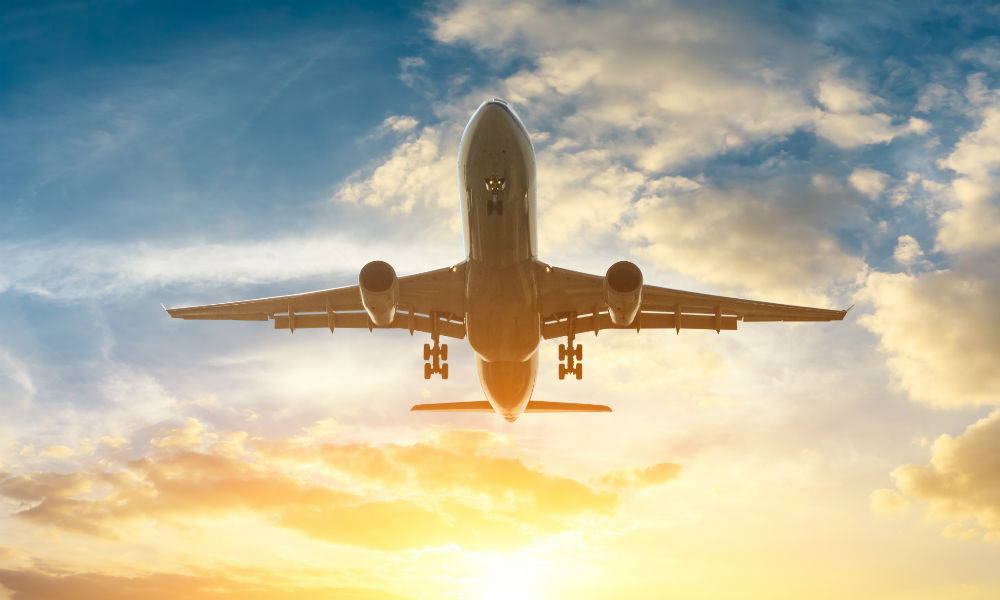
Artificial intelligence (AI) and automation are becoming pervasive in the airline industry, as airlines search for ways to improve customer service while also streamlining revenues. Demand forecasting tools powered by AI are proving to be among the most popular offerings, boasting increased efficiencies for airlines during a financially challenging time.
With global profits set to fall seven percent this year, airlines are looking for ways to scale back while also improving customer service and remaining competitive. Rising fuel costs and murky trade relations have added to the aviation industry’s difficulties, making it an important time to turn to AI and automation.
To solve some of those issues, PredictHQ announced its new Aviation Rank demand intelligence offering this week. The solution alerts airlines to more than 3,000 major events each month, including conferences, sporting events and music festivals. It then correlates relative importance of the event to actual demand, enabling carriers to raise their fares during critical periods, while also lowering fares during slower times.
“Airlines are coming to us rather than sitting in a room and having a guess at what events might be impacting them and putting it into a spreadsheet and trying to kind of anecdotally match that to their forecasting,” said Campbell Brown, chief executive of PredictHQ, in a Reuters interview. “What we do is we provide that in a very automated fashion.” The solution is already being used by two European airlines as well as an unnamed British airline, along with Uber Technologies and Booking Holdings, an online travel agent.
Another popular airline AI offering is Volantio’s Yana platform, designed to help carriers rebook customers in order to maximize their revenues. Yana aids airlines in re-selling seats at better prices by offering incentives to passengers like upgrades, frequent flyer points and travel vouchers, encouraging them to switch to different flights during times of high demand. The platform aims to minimize disruption and overbooking, while maximizing profits for airlines and keeping customers happy through incentives. It’s being used by Qantas Airways and Alaska Airlines.
AI is already being trialed in the aviation customer service space, in the form of chatbots and virtual assistants designed to augment human agents. Delta recently announced it was testing Apple’s Business Chat-based support through text and iOS Messages, with plans to integrate it into its Delta App this fall.
Edited by
Maurice Nagle